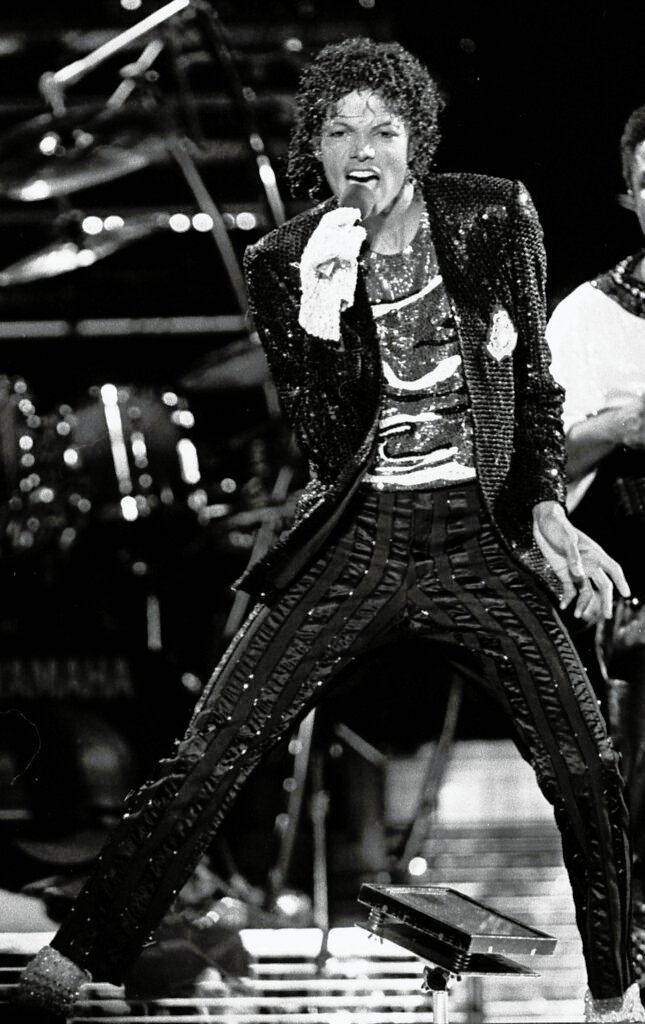Entertainment
Why Artists Are TERRIFIED of Sony (MJ Tried to Warn Us)
The world of music is filled with glitter, fame, and the promise of dreams fulfilled. But behind the dazzling lights, many artists have encountered a much darker reality—one defined by control, intimidation, and power struggles with the very company that helped launch their careers. Few music corporations cast a longer shadow than Sony Music Entertainment, and as the stories of countless artists reveal, the price of success can be disturbingly high.

Michael Jackson Sounded the Alarm
It was 2002 in Harlem when Michael Jackson—the King of Pop—stood before a crowd, not to perform, but to warn. Frustrated and angry, Jackson called out Sony Music and its then-president, Tommy Mottola, describing behind-the-scenes battles that most fans never saw. At the heart of the feud: control over creative output and, more crucially, control over song publishing rights.
Jackson’s relationship with Sony began as a partnership, but after he secured a stake in ATV Music Publishing (which he later merged with Sony to form Sony/ATV), the value of his involvement soared. When he wanted to leave Sony and operate independently, the company allegedly began undermining his projects, under-promoting his 2001 album Invincible despite huge production costs. Jackson publicly accused Sony of trying to force him into default so the company could seize his valuable catalog—a suspicion later lent weight when Sony, following Jackson’s passing, acquired his estate’s share of the publishing rights.
Contracts as Cages
Jackson’s warnings weren’t isolated. His story is just one in a long line of artist conflicts with Sony. The pattern often begins with a young, gifted artist signing a contract in pursuit of fame. As they succeed and pursue creative freedom, their desire for more say over their own music runs headlong into corporate interests. At that point, many say the company reveals its true, more menacing face.
Kesha’s battle with Sony and Dr. Luke made headlines worldwide. Trapped in a contract with her alleged abuser, Kesha pleaded for her freedom, only to be told her artistic fate lay outside Sony’s control—despite the label’s clear influence. For five years, Kesha’s professional and personal life were left in limbo, illuminating how ironclad contracts could be wielded as weapons rather than partnerships in pursuit of art.
Mariah Carey, George Michael, and Kelly Clarkson all waged their own wars for agency and creative control. Many faced sabotage: withheld promotion, negative press, and stalling tactics that left their careers in jeopardy unless they bowed to corporate demands. Mariah Carey described her relationship with Mottola and Sony as stifling, likening her existence to captivity. George Michael lost a landmark legal battle in the ’90s, calling his multi-year, multi-album contract “professional slavery”—and choosing to sit out his own career rather than continue as Sony’s property.
Beyond the Superstars
These high-profile cases are only the tip of the iceberg. Sony’s sprawling catalog and control over song publishing rights mean that even behind-the-scenes producers, songwriters, and rising artists often find themselves locked in deals they come to regret. With settlements and non-disclosure agreements hiding many details from the public, the true scale of artists’ struggles within Sony’s empire is likely much greater than what has reached the headlines.
Artists have reported:
- Contracts that tie them to the company for years or albums beyond reasonable career spans.
- Loss of ownership of masters and publishing rights, even for songs they wrote.
- Deliberate under-promotion or shelving of projects if they don’t comply with corporate wishes.
- Public relations attacks framing artists as “difficult” or “ungrateful” to shift blame and control the narrative.
Why Are Artists Still Signing?
Sony’s resources, marketing reach, and legendary history make it hard for new musicians to turn away. When a record executive dangles promises of fame and distribution, it’s little wonder artists still sign. But as Jackson and so many others have shown, those contracts often come with fine print that can bind, silence, and control—for years.
A Changing Landscape?
In recent years, more artists are speaking out, advocating for fairer contracts, more artist ownership, and creative freedom. Independent releases, re-recording old catalogs (like Taylor Swift), and public advocacy are starting to shift the balance. But the legacy of Sony’s tactics—and Jackson’s public warning—remains a cautionary tale.
When artists as varied as Michael Jackson, Kesha, George Michael, and Mariah Carey all say the same thing—that power in the music industry can become a weapon—the world should listen. The next generation of artists may be more empowered and aware, but the lessons of the past, and the warnings of those who lived it, remain more relevant than ever.